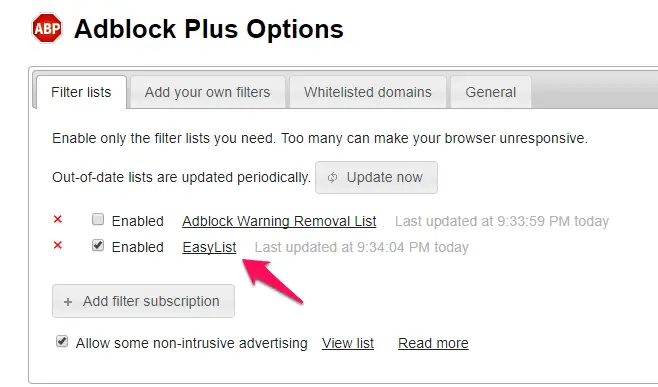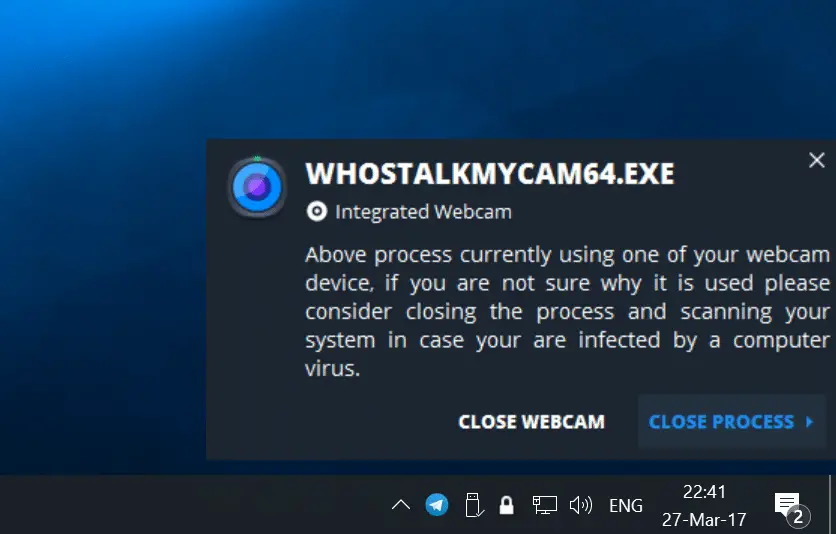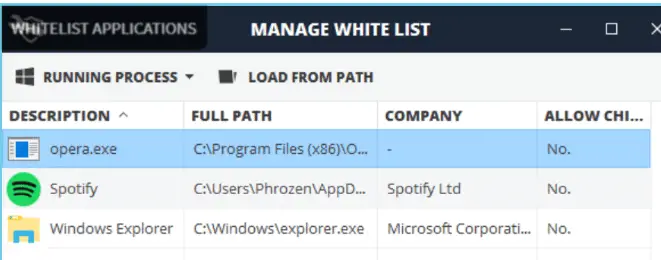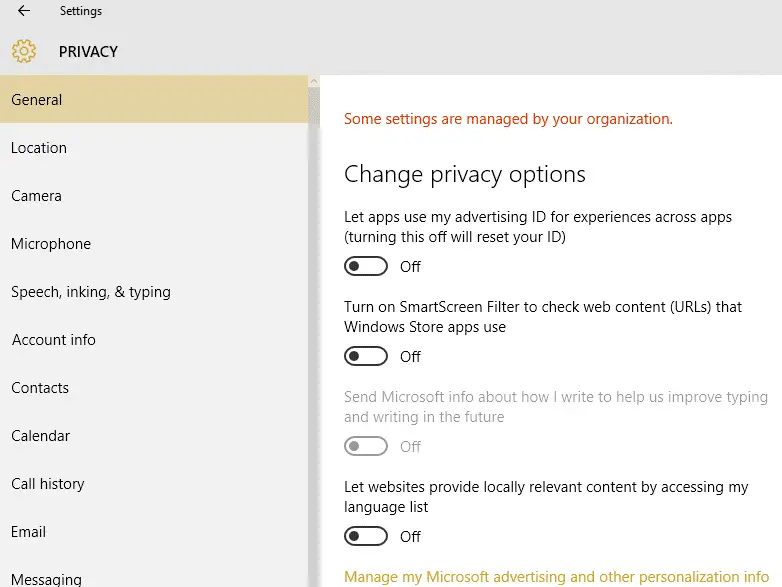Researchers at Princeton University’s Centre for Information Technology Policy (CITP) recently discovered that more than 400 of the most popular websites in the world – including The Telegraph, BBC Good Food, Microsoft, HP, and Sky–run code that’s capable
by tracking everything you type.This means that, without your knowledge or express consent, your information is being taken and used by third-party servers.
In fairness to the sites, it’s not actually their intention to obtain this information, but a consequence of using something called a session-replay script’. These scripts monitor how you browse pages to inform webmasters how they can improve visitors’ ‘journeys’ through their websites.
To combat this privacy intrusion, CITP has compiled a searchable list at https://webtransparency.cs.princeton.edu/ of every site that uses session replay scripts. Handily, it also tells you if that site sends your information to third-party servers, so you can avoid it in future – although, thankfully, some sites have abandoned the practice in response to CITP’s research.
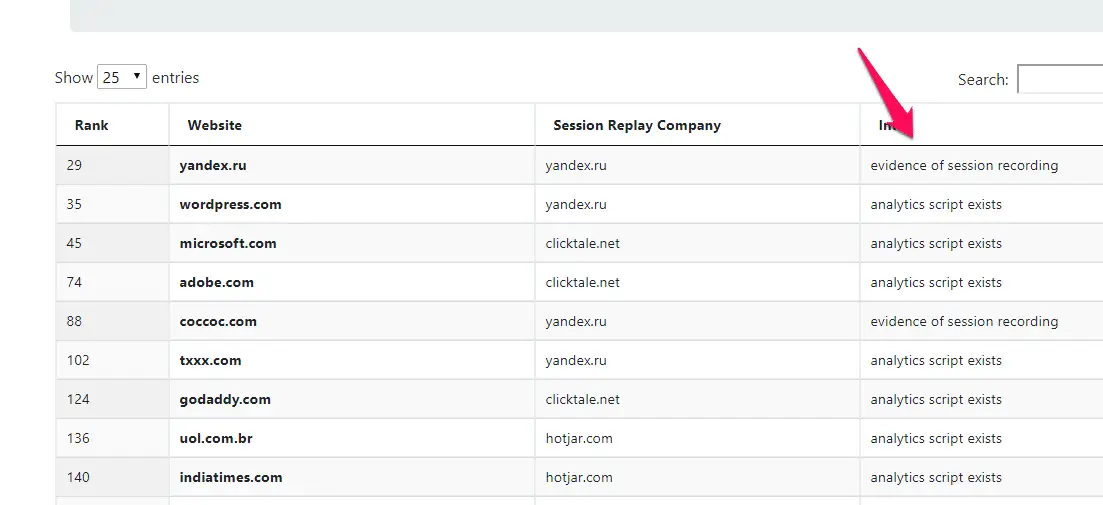
that record your every keystroke
Unfortunately, these scripts record practically everything, including every keystroke you make, and send the data to be analyzed. When you fill in a form with your email address, phone number and personal details, even if you change your mind and don’t click Submit, the spying site will already have your data.
How to Block Cryptocurrency Miners in Your Web Browser
Stop websites recording your keystrokes
If you don’t want to change your browsing habits, you can foil these scripts using an ad blocker such as Adblock Plus or uBlock Origin in conjunction with the EasyPrivacy filter a list, which was recently updated to block session-replay scripts.
Either tick the EasyPrivacy option in your ad blocker’s options or subscribe to the list
through its parent website, EasyList (easylist.to).
Alternatively, use the Firefox or Chrome add-on NoScript (noscript.net) to block these dodgy scripts by default . for details of its latest version.
Stop websites hijacking your webcam
Last year, we all had a good chuckle at Mark Zuckerberg taping up his webcam to keep out spies, but the Facebook CEO is right to be paranoid because camera hijacking is a very real threat. Using a remote access Trojan (RAT), hackers can turn on your webcam,
record your activities and use what they learn about you for further malicious attacks.
Aside from the usual advice of not opening unsolicited email attachments and keeping your antivirus up to date, you can protect yourself by using Who Stalks My Cam. This free program detects and lets you block unauthorized use of your webcam by malware and dodgy scripts, and displays a pop-up notification to warn you.
It also logs which program or process used your webcam, at what time and for how long,
and lets you set up useful rules, for example, to switch off your camera automatically when you’re away from your PC.
By default, Who Stalks My Cam notifies you every time your webcam is activated, but if you find this distracting, you can add certain programs–such as Skype–toawhitelist.
How To Improve Security of Edge, Firefox and Chrome Browser
TURN OFF THE KEYLOGGER IN WINDOWS 10
It’s no secret that Windows 10 has many dubious privacy settings, but did you know
that one of these features records what you type and sends the data to Microsoft?
To block this unwarranted spying on your keyboard, go to Settings, Privacy, General.
Here, you’ll see the creepy option ‘SendMicrosoft info about how I write to help us
improve typing and writing in the future’, which you should switch to Off.
In its defense, Microsoft says it’s collecting keystrokes to improve handwriting and
pronunciation recognition, not to monitor everything you do, but that’s surely the
oldest excuse in the book!
Hope my article “How to Stop websites recording your keystrokes” helps you to Stop websites recording your keystrokes. if you have any query, feel free to comment.

























